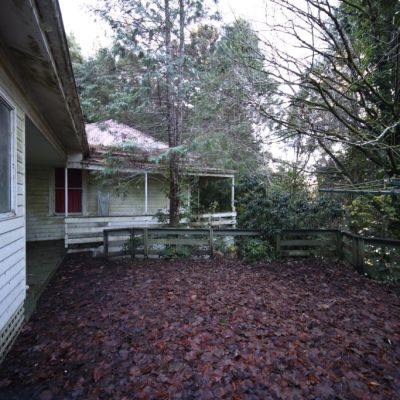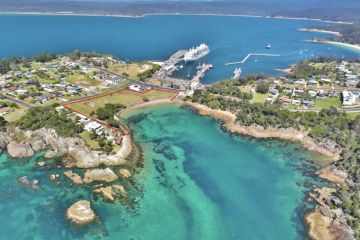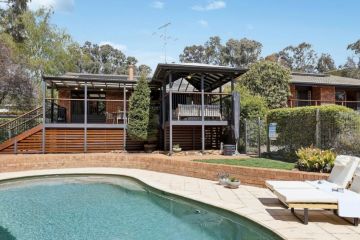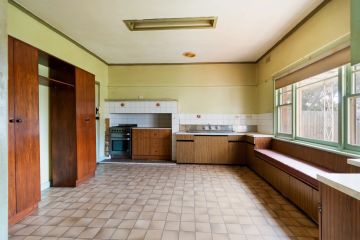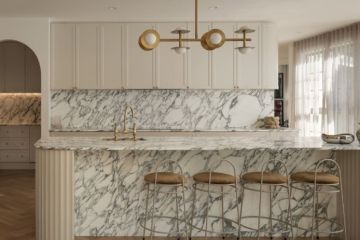Half of all Aussie capital cities now have a median house price of more than $1 million
Five out of Australia’s eight capital cities will have a median house price of more than $1 million within a matter of weeks despite a national slowdown in the market, new data shows.
The latest Domain House Price Report, released on Thursday, shows Brisbane made house price history in the final quarter of 2024 when its median soared past the $1 million mark to $1,016,192.
Adelaide’s median house price, which rose by $25,000 over the quarter, now sits at $992,193 – just $7807 short of $1 million, and is expected to crack that figure within weeks.
Four years ago, Sydney was the only Australian capital city with a median house price of more than $1 million.
Now it’s possible Perth could join Sydney, Melbourne, Canberra, Brisbane and Adelaide by the end of 2025, according to the Domain report, which has forecast the West Australian capital will grow by another 8 to 10 per cent this year.
Domain chief of research and economics Dr Nicola Powell says these figures vastly alter Australia’s property landscape.
“This is a milestone for Australia,” Powell says. “In terms of housing market dynamics, it’s a psychological hurdle for buyers. When you edge over that million dollars, it just feels different.”
The lack of affordability in Sydney is pushing people to move to other locations, Powell says, which is contributing to Brisbane and Adelaide’s growth.
“It begs the question of the extreme rates of property prices that we have in Sydney: What are the broader impacts of that geographically?” she says.
However, the rate of house price growth is slowing. The Domain report showed that 2024 was the weakest calendar year for growth since 2022.
“We’re likely to see these softer or slowing market conditions in the autumn selling season,” Powell says.
“The slowdown is largely due to affordability pressures, with rising prices making it harder for many buyers to keep up. Wages haven’t kept up with home prices, and the ongoing cost-of-living squeeze is only adding to the challenge.”
However, this weak outcome does not equate to falling prices across the capital cities, just a slower rate of growth. Many cities have hit new price records, and the national median house price now sits at $1,165,345.
Melbourne’s median house price rose by 1.6 per cent or $16,000 over the quarter, is still down overall for the year after several price slips in 2024. It now sits at $1,039,460 – still 4.6 per cent below its December 2021 price peak.
Property is taking much longer to sell in Melbourne, which has slowed capital growth, but agent Nicole Gleeson of Kay & Burton believes there will be a turnaround in the next five years.
“There’s still plenty of activity, and it’s really just about whether sellers are willing to meet the market,” she says.

“It’s taken a little while for vendors to understand where the buyer market is prepared to go, and there have been a few deals that just take a lot longer to close because it takes a lot longer for a vendor to realise that the buyers are just not going to come up to where they want their pricing to be.”
Sydney was the only capital city in which house prices edge downwards in the quarter, falling by just 0.1 per cent. The median now stands at $1,645,444.
Perth was up 1.6 per cent ($15,000) to $913,011, and Darwin grew 2.9 per cent ($19,000) to $651,771.
Hobart saw the steepest quarterly gain of 4.6 per cent ($32,000), while Canberra remained stagnant with no growth in the last quarter.
Price growth has also slowed in the unit market, but half of the capital cities have still hit price records, and Brisbane remains the second most expensive city in which to buy a unit. Perth units have surpassed $500,000 for the first time, leaving Darwin as the only city with a median unit price under $500,000.
Powell says that while buying conditions are good now, price growth could accelerate later this year after any interest rate cuts.
“Slowing conditions are going to continue into the autumn selling season,” she says. “Stock is building. Ultimately, we ended the year with rising stock levels across all of our capital cities. And that means demand is slowing down, and supply is building, which gives buyers more choices.
“Once we do start to see multiple rate cuts coming through, and the [Reserve Bank] does move, what that’s going to provide is certainty for buyers. It will boost borrowing capacity, which will likely bring some demand back into the market.”
Rising prices are not deterring buyers in Brisbane, according to buyer’s agent Lauren Jones.
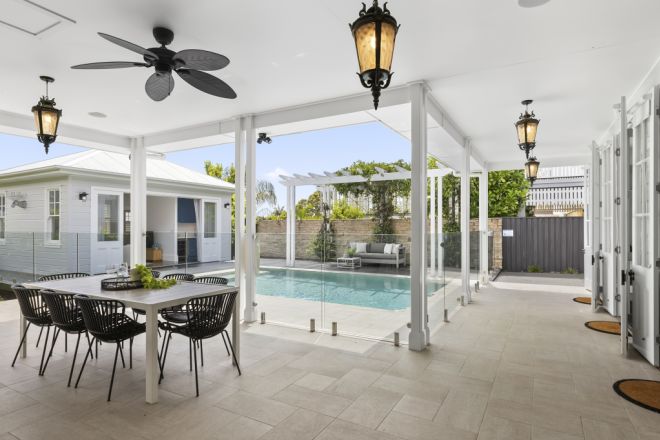
“If anything, it probably gives people a little bit more confidence in Brisbane because people are starting to compare it more to Sydney and Melbourne,” she says. “It’s kind of gained that exclusivity, and I don’t think it’s gonna come off that.
“I went to some open homes on the weekend, and the open homes are packed again. We’re probably getting double the numbers that we were having in December,.”
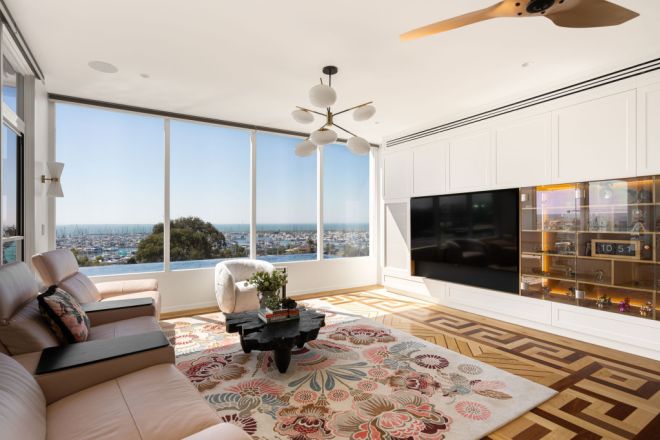
Brisbane’s house prices have essentially doubled in the past five years, but Jones believes the rapid pace of growth will continue to slow down.
Sydney’s price growth slip is a result of buyers being more cautious and conservative about long-term repayments when buying property in a high interest rate environment, says agent Ewan Morton of Morton.
“I think people have now realised that interest rates have caught up, and they’re not going to go down … making the buyers more conservative,” he says.
“We’re so used to prices going up and up and up; they need to actually calm down, and I think that’s what we’re seeing.”
However, Morton adds that if properties are priced at a reasonable range, buyers will show up and be willing to buy.
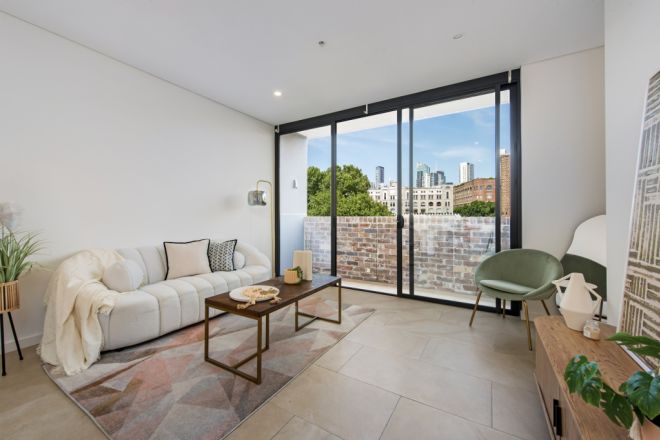
“When you get that, it becomes a much easier market to transact in,” he says.
In Perth, prices rose for the ninth consecutive quarter to push the median past the $900,000 milestone. It’s now only 9.5 per cent ($87,000) away from reaching $1 million.
“However, the pace of quarterly growth halved compared to the previous quarter and is roughly one-quarter of the growth rate seen at the same time the year prior, marking the slowest quarterly gain since March 2023,” Powell says.
“In fact, Perth has experienced the sharpest slowdown in price gains throughout 2024, with a 14.1 per cent increase in the first half of the year, followed by just 4.7 per cent in the second.”
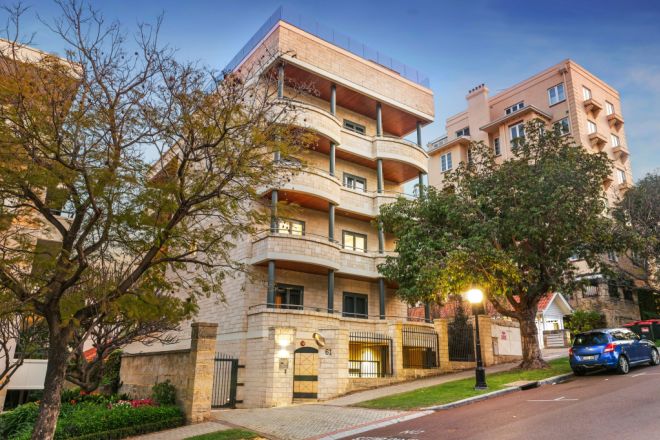
Darwin remains the cheapest capital city in which to buy a house despite a 2.9 per cent ($19,000) price growth in the last quarter. The median house price is now 3.9 per cent ($27,000) away from surpassing its 2013 peak.
“Darwin house prices rose for the third successive quarter, the first time this has occurred in more than three years,” Powell says. “[And] annual gains accelerated to reach the highest positive growth since June 2022.”

Hobart house prices grew by 4.6 per cent ($32,000), accelerating for the first time in 15 months and marking the steepest quarterly gain in three years.
“Prices are now about $50,000 (6.5 per cent) below the peak reached in March 2022, recovering almost half of what was lost during the 2022-24 downturn,” Powell says.
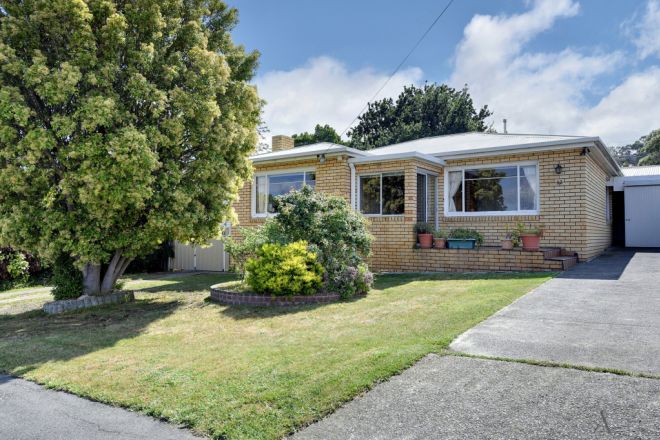
We recommend
States
Capital Cities
Capital Cities - Rentals
Popular Areas
Allhomes
More

